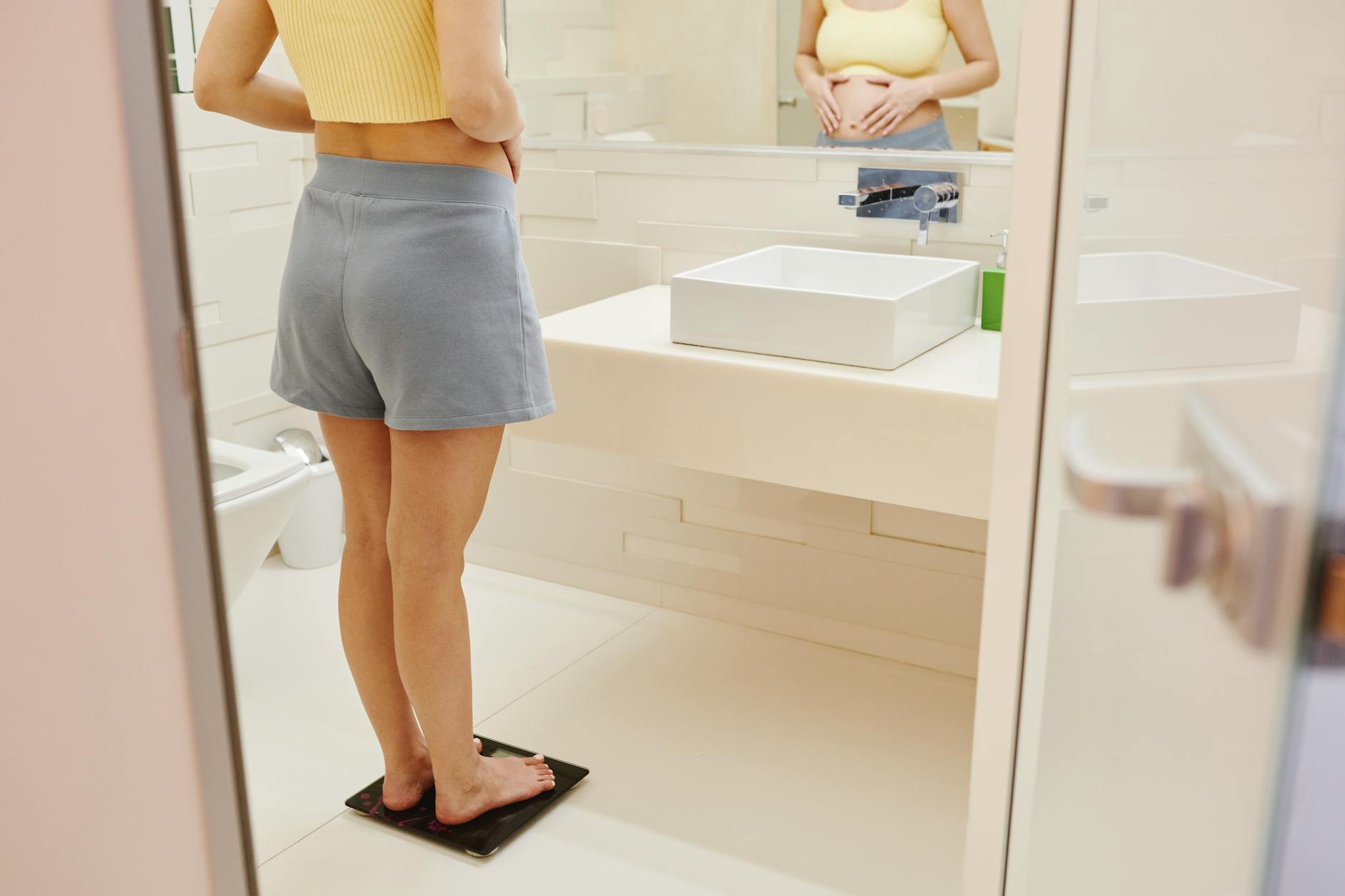Carole Falletta, MS, MA, PMHNP-BC, FNP-BC, RNC-EFM, IBCLC, LCCE Carole is a nurse practitioner with over 30 years of experience in nursing, specializing in women's health, newborn care, and reproductive and postpartum mental health. Actively practicing in healthcare, she supports women and families during the perinatal journey through compassionate, evidence-based care. A dual board-certified nurse practitioner in psychiatric and family health, Carole is also an International Board-Certified Lactation Consultant (IBCLC) and Lamaze Certified Childbirth Educator, combining her clinical expertise and passion for education to empower mothers and babies.
A few weeks after having a baby, a mom recently asked me something that’s on a lot of people’s minds—but not always said out loud:
“When can I go back on my weight loss medication to get back to my pre-pregnancy weight?”
It’s a completely understandable question. Pregnancy changes your body in countless ways, and there’s a lot of pressure—internal and external—to “get back” to how things were before. But before jumping back into any weight loss plan, especially involving medications, there are a few important things every new mom should know.
The Pressure to “Bounce Back” Is Real—But Let’s Rethink It
It’s natural to want to feel like yourself again after giving birth. But it’s also important to remember:
Your body didn’t fail you—it just created, carried, and delivered a human being.
Weight gain during pregnancy isn’t just expected—it’s essential. Your body needed extra energy and reserves to support your growing baby, your placenta, amniotic fluid, and all the changes your body underwent to prepare for birth and early postpartum life.
So give yourself permission to rest, recover, and heal first. You are not behind—you are rebuilding.
What Are Weight Loss Drugs and How Do They Work?
Weight loss medications like semaglutide (Ozempic, Wegovy) and tirzepatide (Mounjaro, Zepbound) are part of a newer class of drugs called GLP-1 receptor agonists.
These medications were originally developed for diabetes but have shown significant results for weight loss. They work by:
- Reducing appetite
- Slowing digestion
- Helping regulate blood sugar
They are prescription medications and should always be used under the guidance of a healthcare provider.
When Can I Go Back on Weight Loss Medication After Birth?
This depends on a few factors—and should always involve a conversation with your healthcare provider. But here are some general considerations:
1. Are You Breastfeeding?
Most weight loss medications haven’t been studied for safety during breastfeeding. Since they affect your metabolism and can alter nutrient absorption, there’s concern they may:
- Reduce milk supply
- Be passed to the baby through breast milk
If you’re breastfeeding, your provider will likely recommend waiting until after weaning before restarting these medications.
2. Have You Had Your Postpartum Checkup?
It’s important to have your 6-week postpartum checkup (or later if you had a C-section or complications) before considering any medication.
Your provider will assess:
- Uterine healing
- Postpartum bleeding
- Hormonal balance
- Mental and emotional wellness
It’s best not to rush into anything while your body is still adjusting and actively recovering.
3. What’s Your Overall Health Picture?
These medications are typically prescribed to individuals with:
- A BMI of 30+, or
- A BMI of 27+ with conditions like insulin resistance or high blood pressure
If you were on a GLP-1 medication before pregnancy, your provider might consider restarting it postpartum—but only when it aligns with your current health, lifestyle, and feeding plans.
Things to Keep in Mind
- Nourishment matters. You still need calories and nutrients to heal—especially if you’re breastfeeding.
- Sleep and movement can naturally support weight loss over time—no extreme diets needed.
- Emotions count. If you’re feeling pressured, frustrated, or overwhelmed by body changes, it’s okay to ask for support.
So What’s the Bottom Line?
There’s no shame in wanting to feel good in your body again. But postpartum recovery is about healing, not hustling to fit into old clothes.
If you’re considering weight loss medications:
- Talk with your provider after your postpartum checkup
- Share your feeding plans, goals, and any concerns
- Explore a whole-body approach: sleep, nutrition, gentle movement, and emotional care
Your body has already done something miraculous. Whether or not you use medication later, your health, energy, and confidence are what truly matter.
Honoring Your Healing
You don’t need to rush.
You don’t need to “bounce back.”
You need rest, support, and care.
Weight loss can be part of the journey—but it doesn’t need to be the first step. Let’s shift the conversation from pressure to personalized, compassionate healing.
You just brought life into the world.
Give your body the same grace it gave your baby.

Carole Falletta, MS, MA, PMHNP-BC, FNP-BC, RNC-EFM, IBCLC, LCCE Carole is a nurse practitioner with over 30 years of experience in nursing, specializing in women's health, newborn care, and reproductive and postpartum mental health. Actively practicing in healthcare, she supports women and families during the perinatal journey through compassionate, evidence-based care. A dual board-certified nurse practitioner in psychiatric and family health, Carole is also an International Board-Certified Lactation Consultant (IBCLC) and Lamaze Certified Childbirth Educator, combining her clinical expertise and passion for education to empower mothers and babies.



